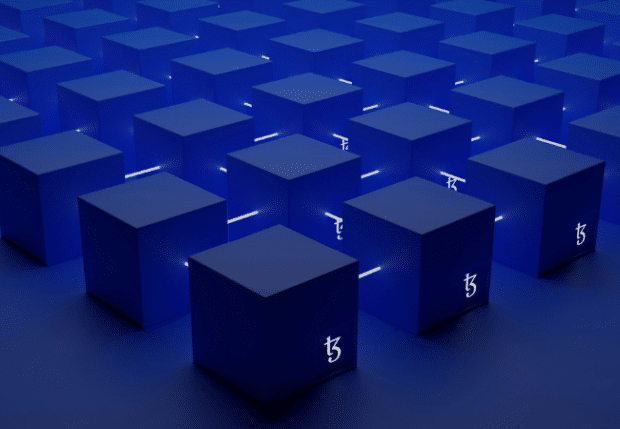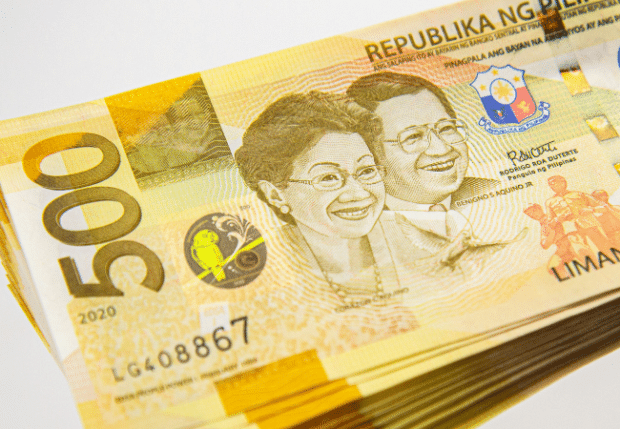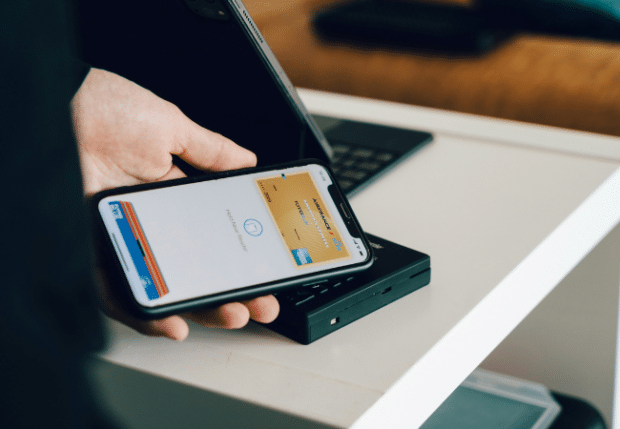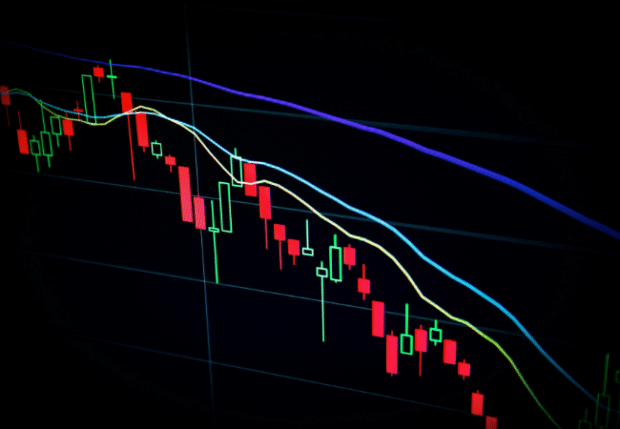Philippine CBDC: How digital money might work in the country
The Bangko Sentral ng Pilipinas (BSP) will complete its Philippine Central Bank Digital Currency (CBDC) pilot by the end of the year, according to financial news outlet Central Banking.
On March 6, BSP Deputy Governor Mamerto Tangonan said the pilot CBDC, “Project Agila,” would be a learning exercise as the country adopts digital money.
But how does the Philippine CBDC work and could impact the public?
What is a CBDC?

Management consultation firm McKinsey & Company defines CBDC as the digital form of a national currency.
CBDCs take advantage of the decentralized computer networking technology behind Bitcoin, the first cryptocurrency. As a result, they work like crypto but rely on a central hub, namely a central bank.
READ: More emerging market central banks push digital money
Ironically, the enigmatic Satoshi Nakamoto created Bitcoin to replace the traditional financial system.
Central banks issue CBDCs to support a country’s financial services, set monetary policy, and issue currency.
At the time of writing, only a few countries, such as the United States, China, Japan, and Germany, have been testing digital money.
Each nation is testing a different system for its digital currency. For example, China is testing e-CNY, which relies on private banks to distribute and maintain digital currency accounts for their customers.
What is the Philippine CBDC?

The BSP said Project Agila aims to enhance the Philippines’ large-value payment system. Specifically, it will enable “inter-institutional fund transfers even during off business hours.”
These periods include evenings, weekends, holidays, or times when the Philippine Payment and Settlement System (PhilPaSS) is unavailable.
The BSP chose Hyperledger Fabric as the distributed ledger technology (DLT) that will facilitate Project Agila.
Hyperledger Fabric specializes in hosting smart contracts, digital agreements that execute immediately after participating parties meet their conditions.
In contrast, digital transactions need verification from both the sender and receiver before they function. The BSP said it chose Hyperledger to record, share, and transfer data and transactions across different participants.
Learn more about Hyperledger Fabric and other smart contract blockchains in this Inquirer USA article.
The BSP said it will issue wholesale CBDCs to commercial banks and other financial institutions. Then, they will use Philippine CBDCs to “settle interbank payments, securities transactions, and cross-border payments.”
The Hong Kong Trade Development Council (HKTDC) reported the BSP considered creating a retail CBDC, which is digital money for Filipino citizens.
“Although a retail CBDC does offer a safe alternative to traditional bank deposits and boosts electronic payment systems, it may pose threats such as regulatory disintermediation, increasing the BSP’s regulatory footprint, and worsening bank runs,” HKTDC reported.
The BSP will not use blockchain technology for the wholesale CBDC. Instead, it will run the digital money on PhilPaSS.
What are the pros of CBDCs?

You might be wondering why central banks are transitioning to digital money. One of the biggest reasons is the plummeting cash usage worldwide.
Wulf Kaal, a professor specializing in digital currencies at the University of St. Thomas, said that only 8% of the world’s circulating currency is paper.
READ: What is Cash app?
The rest is digital as many have become accustomed to digital payments. Aside from catching up to global transformation, CBDCs have other potential benefits:
- McKinsey says central banks can reduce costs with digital finance by shifting spending away from physical infrastructure.
- The Philippine CBDC and similar currencies aim to boost the speed and efficiency of electronic payment systems.
- This digital currency may also help more people have bank accounts as everyone has mobile devices nowadays.
- Blockchains use cryptography technology to “sign” transactions digitally, securing and executing transactions quickly.
What are the cons of CBDCs?

Some fear central bank digital currencies because they believe it lets the government control their hard-earned money. This concern also convinces many to hold digital assets like Bitcoin. However, CBDCs have other flaws, such as:
Forbes says there are too many pilot programs testing different methods for CBDCs. It will take time to determine which one is the most ideal.
- Forbes says there are too many pilot programs testing different methods for CBDCs. It will take time to determine which one is the most ideal.
- Using CBDCs can be more complicated than physical money. For example, people must learn how to create, secure, and use digital wallets for their CBDCs.
- CBDCs may save on physical infrastructure, but it could require more funding for processing power. Simply put, central bank digital currencies require powerful computers to operate.